Water, the essence of life, plays a pivotal role in maintaining our health, yet its impact on mental well-being is often overlooked. Amidst the hustle and bustle of daily life, the simple act of drinking water can become an afterthought, leading to dehydration. This oversight, however, can exacerbate feelings of anxiety—a condition that, according to the Anxiety & Depression Association of America, affects millions worldwide. In this blog, we'll unravel how proper hydration can be a simple, yet effective, strategy in reducing anxiety levels, providing you with the knowledge and tools to harness the calming powers of water.

The Science Behind Hydration and Anxiety
The human body is a complex system that relies on water for every single process, including those that regulate mood and brain function. Dehydration can affect the body's production of stress hormones, such as cortisol, which in turn can heighten anxiety levels. Moreover, a lack of adequate water intake can lead to decreased serotonin production, a neurotransmitter integral to mood regulation. Simply put, when your body is dehydrated, it's under stress, and this physical stress can manifest as increased feelings of anxiety.
Diving into the Data
Studies underscore the importance of hydration in managing anxiety. For instance, research published in the World Journal of Psychiatry found a significant correlation between hydration status and stress levels in adults. Participants who drank less water reported higher levels of stress and anxiety compared to those who stayed well-hydrated. Another study from the University of Connecticut's Human Performance Laboratory suggests that even mild dehydration can lead to noticeable mood deterioration, including increased perception of task difficulty, lower concentration, and headache symptoms, all of which can contribute to heightened anxiety.

Sipping Your Way to Serenity: Practical Tips
- Start Your Day with a Glass of Water: Begin your morning by rehydrating. This not only kickstarts your metabolism but also sets a positive tone for your hydration habits throughout the day.
- Keep a Water Bottle Handy: Having a water bottle within reach at all times serves as a visual reminder to drink water, ensuring you're more likely to keep sipping throughout the day.
- Invest in a Smart Water Bottle: We recommend the best smart water bottle on the market, HidrateSpark. HidrateSpark is all about mindfulness and hydration, helping you meet your daily hydration goals and reach your peak potential.
- Incorporate Hydrating Foods: Foods with high water content, such as cucumbers, oranges, and watermelons, can supplement your water intake and offer a refreshing way to stay hydrated.
- Set Hydration Goals: Establishing daily water intake goals can be motivating. There are numerous apps designed to track your water intake and remind you to drink up. We recommend the HidrateSpark smart bottle app. It serves as a great hydration tracker and water intake reminder.
- Listen to Your Body: Thirst is an obvious signal of dehydration, but often, it's a late indicator. Drink water regularly, and don't wait until you're parched.
A Wave of Wellness
Incorporating better hydration habits into your daily routine is a simple yet effective way to reduce anxiety. By understanding the link between hydration and mental health, you can make informed choices that support your overall well-being. Remember, the journey to managing anxiety is multifaceted, and while hydration is a key piece of the puzzle, it's also important to consider other lifestyle adjustments and seek professional help if anxiety becomes overwhelming.

FAQs
How much water should I drink to reduce anxiety?
- Individual needs vary, of course, so we recommend using the HidrateSpark Smart water bottles. They calculate your daily intake goals and send reminders of encouragement to meet your goals. Your bottle will also glow to alert you that it is time to hydrate.
- While rare, it's possible to drink too much water, leading to a condition called hyponatremia, where sodium levels in the blood become dangerously low. This can cause symptoms similar to anxiety. It's important to balance your water intake.
Are there specific times of day when drinking water is more beneficial for managing anxiety?
- While staying consistently hydrated throughout the day is key, starting your day with water and ensuring you're well-hydrated before stressful events or activities can be particularly beneficial.
Riding the Waves Forward
As we navigate the currents of daily life, recognizing the role of water in maintaining our mental and physical health is crucial. By adopting simple hydration strategies, we can better manage anxiety and improve our overall quality of life. So, next time you feel the tides of stress rising, remember that a sip of water might just be the soothing wave you need.
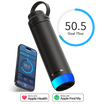
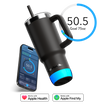
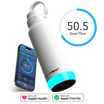
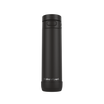
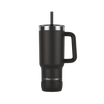
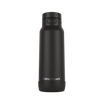
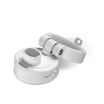
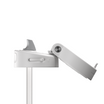
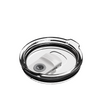
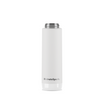
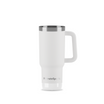
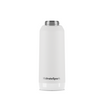
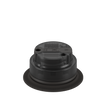
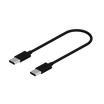

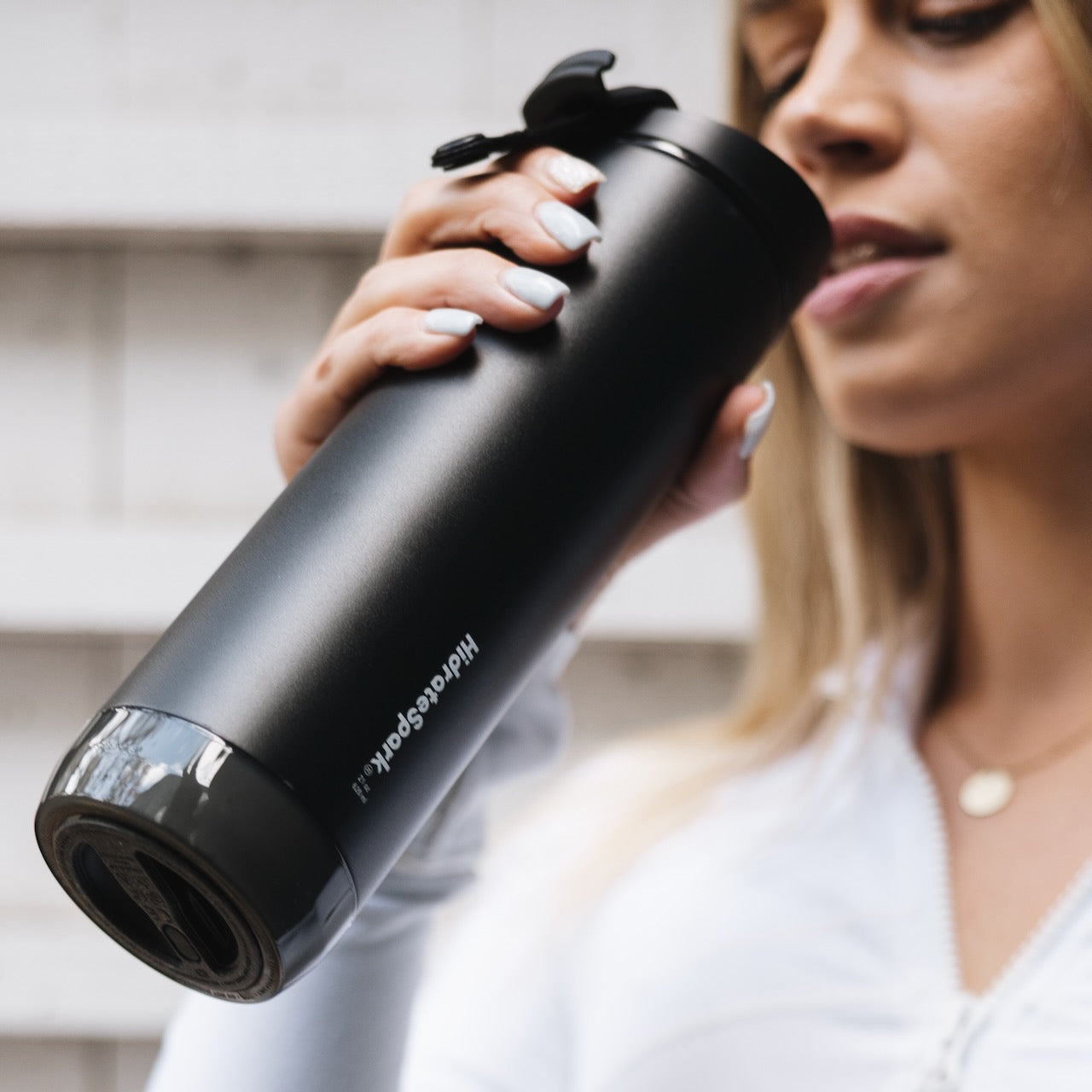
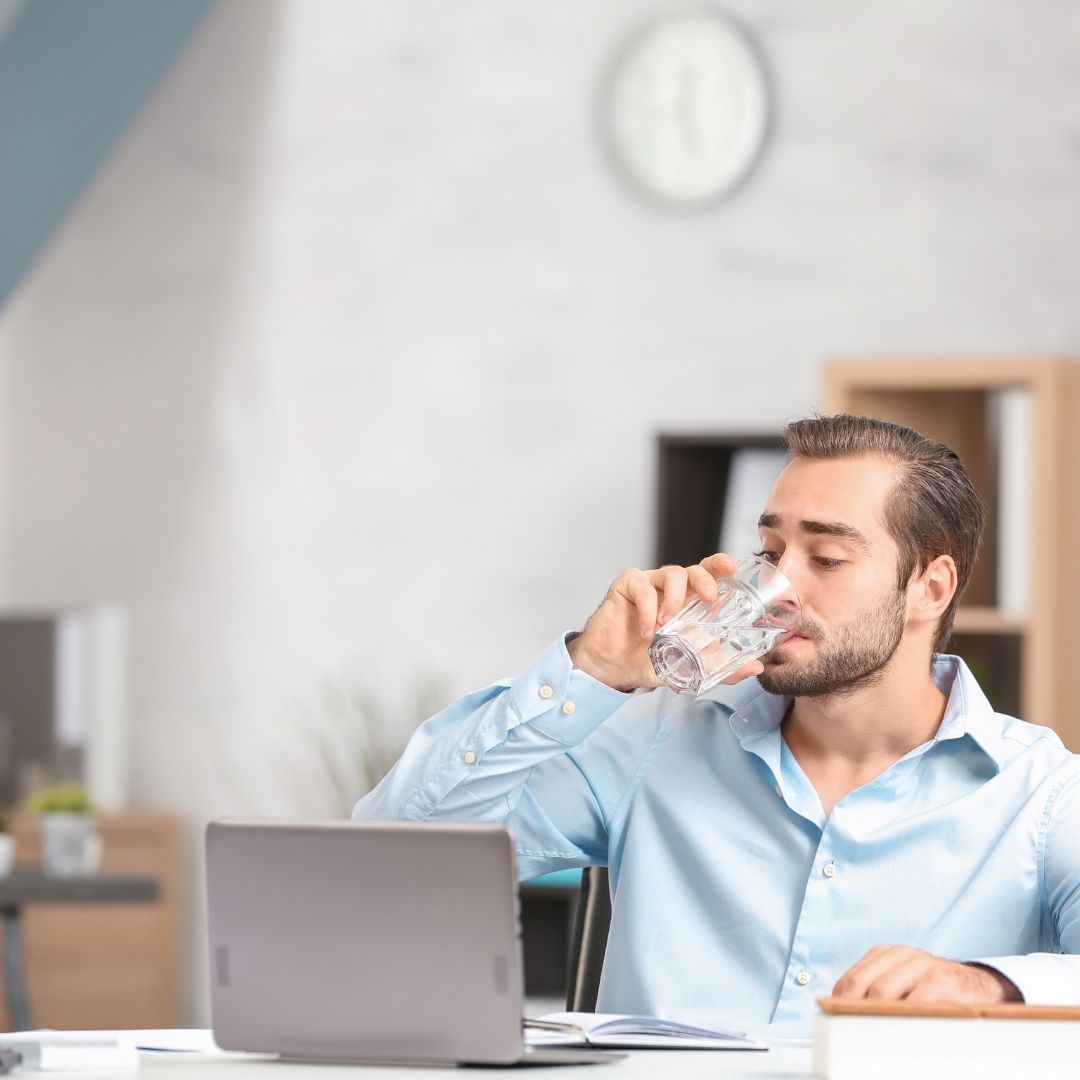
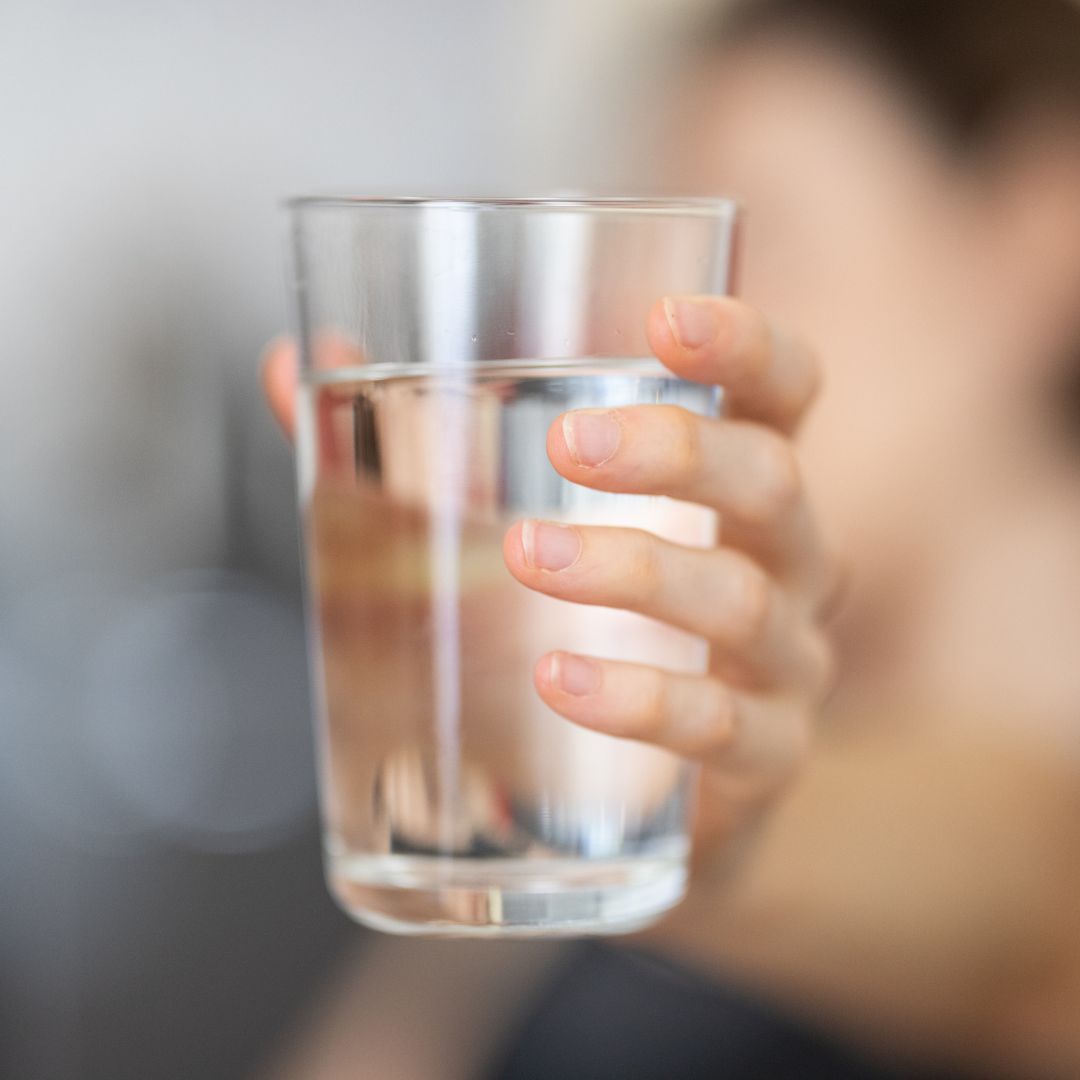
Leave a comment
This site is protected by hCaptcha and the hCaptcha Privacy Policy and Terms of Service apply.